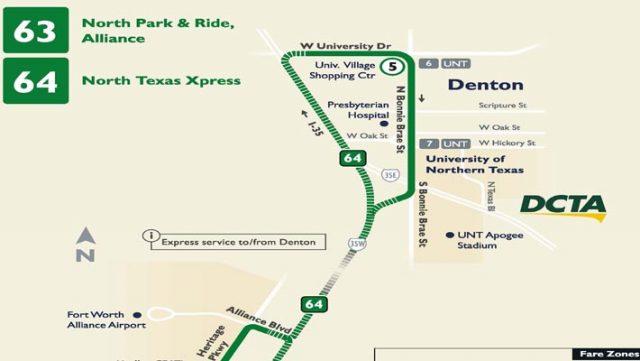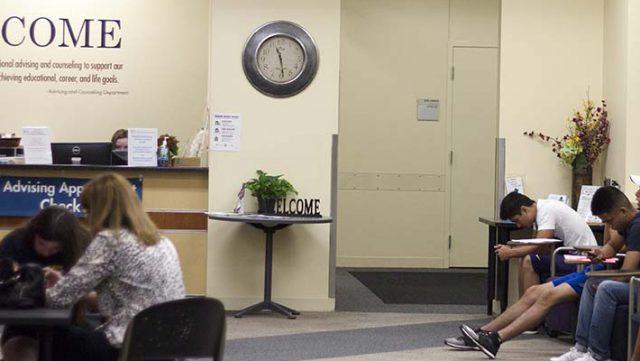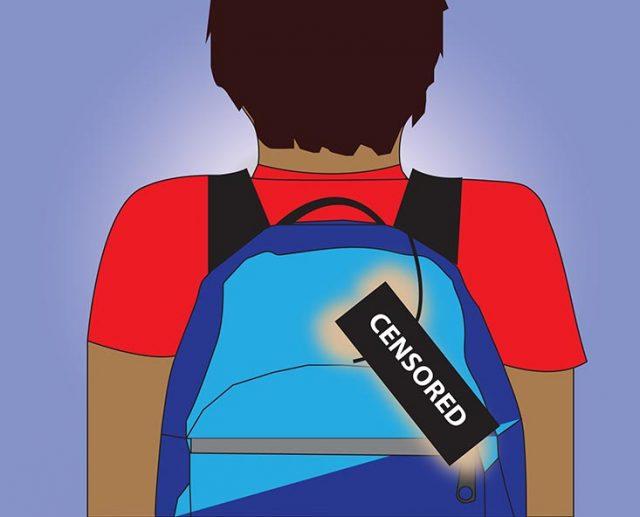By Lee Mendez/ reporter
Filing for the Free Application for Federal Student Aid has been moved up to Oct. 1 instead of the traditional filing date of Jan. 1, NE students were told Sept. 15.
Joe Rodriguez, NE financial aid specialist, presented Investing in Undergraduate Education to help students understand FAFSA and other financial programs.
FAFSA filing is required for students who wish to be considered for grants, work-study programs and student loans, both subsidized and unsubsidized. To ensure students receive the most financial aid possible, filing by the priority deadline of Oct. 1 is recommended since aid is given on a first-come, first-served basis, he said.
Financial aid is sought by most college students since education is one of the first major and expensive purchases individuals will make, Rodriguez said. The FAFSA application determines a student’s financial needs for meeting the cost of tuition and awards financial aid based on those needs.
Traditionally, cost of attendance will include tuition, fees, books and other associated living expenses. The average cost of attendance varies by institution type and region. Based on full-time status, community colleges average around $2,963, public four-year universities $8,244 and private four-year universities at $28,500 per year, Rodriguez said.
Along with scholarships and traditional forms of financial aid, institutions like TCC offer installment payment plans that allow students to attend school while paying their tuition through the beginning of a semester. Unlike traditional loans that charge an interest rate on the amount borrowed, the TCC installment plan charges only a minimal processing fee.
Even if a student ends up needing a loan, Rodriguez advised caution.
Traditional loans are “something we recommend against until all other options have been exhausted,” he said. “We recommend [students] borrow only what is needed.”
Along with federal student loans, private education loans are available from many financial institutions. PLUS loans, an alternative to a federal student loan, allow for parents of college students to apply for education loans. Although many products are widely available for education financing, Rodriguez said students should look for “gift aid,” which has no payback requirement.
For more information regarding financial aid, including help filling out the FAFSA, students can call a campus financial aid office at 817-515-4AID (4243) or email financial.aid@tccd.edu.
For more information regarding the new FAFSA filing rule and details surrounding the change, visit https://studentaid.ed.gov/sa/about/announcements/fafsa-changes.

























